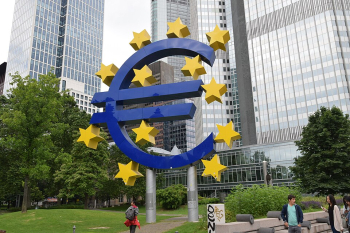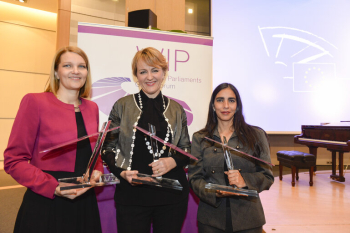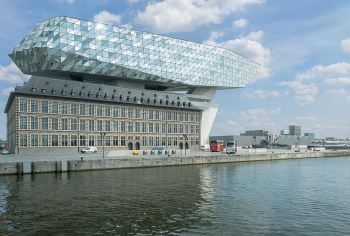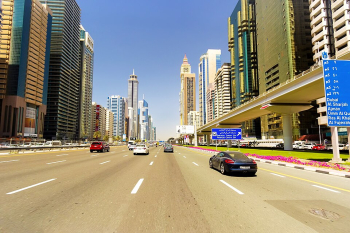
This week in Strasbourg, the European Parliament's final plenary session of the ninth legislature will see a total of 89 legislative bills and around six resolutions put to the
vote—a significantly larger volume compared to five years ago.
MEPs noted that this substantial volume of legislation can be attributed to a series of crises over the past five years, including the challenges posed by the coronavirus pandemic, energy policy issues, and regional conflicts. These crises demanded prompt responses, consequently pushing other legislative proposals down the priority list.
Additionally, negotiations between co-legislators on Commission proposals have contributed to the backlog.
While acknowledging the necessity of swift action in response to emergencies, political groups expressed concerns about the implications for legislative oversight. They emphasized the importance of prioritizing legislative planning in the EU's future strategic programme for 2024-2029.
The consensus among political groups is that this high level of legislative activity reflects the dedication of elected representatives to fulfilling their responsibilities, even if it means enduring long voting sessions. Emphasis was placed on the importance of making progress and delivering results.
While some expressed regret over rushed legislative processes without thorough debate or consideration of opinions, the overall sentiment was that the Parliament's activity is indicative of a healthy democracy.
Key regulations to be voted on include revisions to fiscal discipline rules for member states, new air quality standards, sustainable packaging initiatives, and the right to repair electronic devices. Additionally, responses to recent farmers' protests, such as potential changes to the common agricultural policy (CAP) and trade restrictions on Ukrainian agricultural exports, are on the agenda.
Other notable items include measures addressing corporate accountability for issues like child labor, slavery, pollution, and biodiversity loss, as well as legislation banning products made using forced labor. The Parliament will also consider social protection for digital platform workers, anti-money laundering measures, and the EU's first law against violence against women.

















